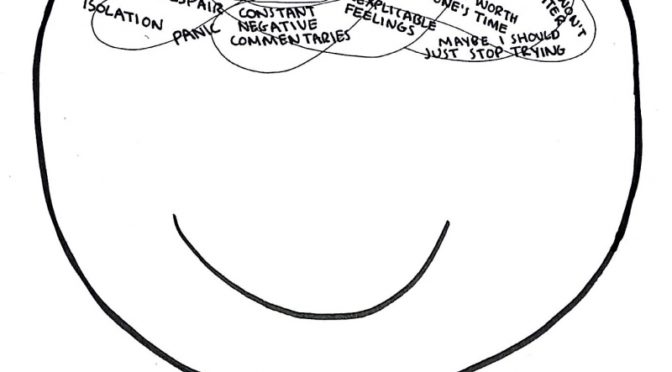Helping others improves your mental health
Posted by Collaborative Counseling

Helping others can be altruistic and also helping others can be a way to improve your mental health. Helping others improves your mental health and well being. We all have those days when we’re feeling down. Maybe we had a bad day at work, or maybe we’re just feeling stressed out about life in general. On those days, it can be really helpful to have a little bit of kindness from a stranger. Even a small act of kindness can make a big difference in someone’s day.
Here are 20 ways to brighten a stranger’s day
- Pay them a compliment.
- Hold the door open for them.
- Let them go ahead of you in line.
- Give them your seat on the bus or train.
- Help them carry their groceries.
- Pay for their coffee or meal.
- Give them a flower.
- Write them a thank-you note.
- Smile at them.
- Listen to them.
- Offer to help them with something.
- Give them a compliment on their work.
- Give them a gift.
- Volunteer your time.
- Be kind to animals.
- Be patient.
- Be forgiving.
- Be positive.
- Be grateful.
- Just be kind.
These are just a few ideas for ways to brighten a stranger’s day. There are many other ways to show kindness to others. The important thing is to be mindful of the people around you and to look for opportunities to make a difference. Even a small act of kindness can make a big difference in someone’s day.
Here are some ways that helping others can improve mental health
- Reduce stress: Helping others can take your mind off of your own problems and give you a sense of purpose. This can help to reduce stress and anxiety.
- Increase self-esteem: When you help others, it can make you feel good about yourself and your abilities. This can help to improve your self-esteem.
- Build relationships: Helping others can help you to connect with others and build strong relationships. This can provide you with social support, which can be helpful for mental health.
- Feel connected to something bigger than yourself: Helping others can help you to feel like you are part of something bigger than yourself. This can give you a sense of purpose and meaning in life, which can be helpful for mental health.
Acts of kindness help everyone
These acts of kindness can also have a positive impact on the mental health of the person doing the helping.
For example, when you pay someone a compliment, it can make them feel good about themselves. This can boost their self-esteem and make them feel more confident. When you hold the door open for someone, it shows that you are considerate of others. This can make them feel appreciated and valued. When you let someone go ahead of you in line, it shows that you are patient and understanding. This can make them feel less stressed and more relaxed.
All of these acts of kindness can have a positive impact on the mental health of the person doing the helping. They can reduce stress, increase self-esteem, build relationships, and make people feel more connected to something bigger than themselves. To learn more about ways to boost your self esteem, visit our page on self esteem by clicking here!
If you are looking for ways to improve your own mental health, consider finding ways to help others. It’s a win-win for everyone involved. Helping others improves your mental health and theirs!
Read More
 View Our Locations
View Our Locations Request Appointment
Request Appointment









